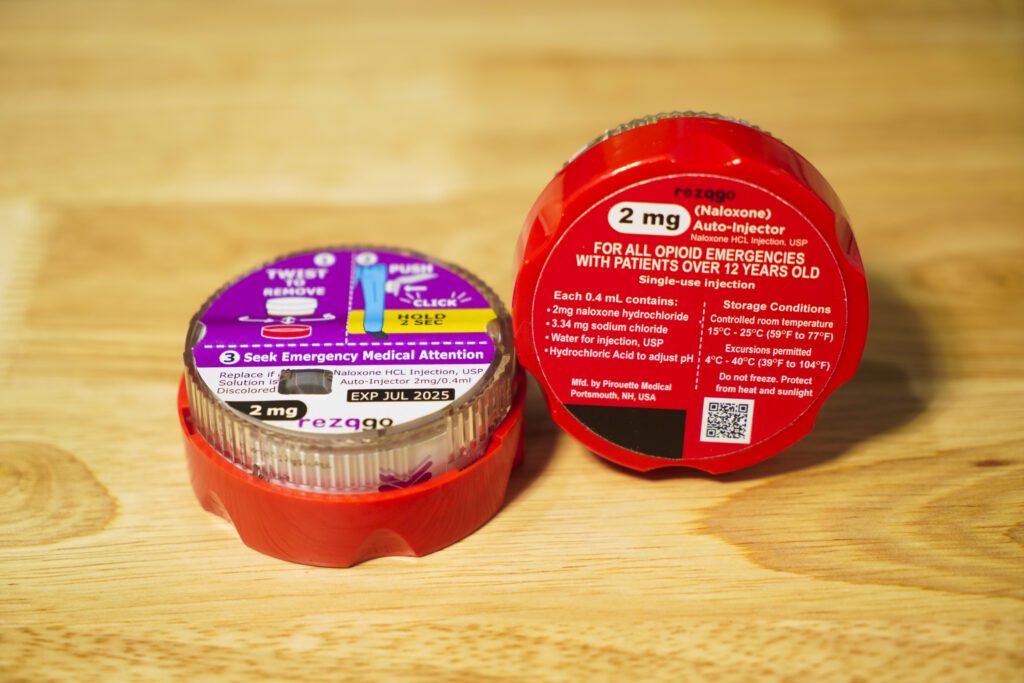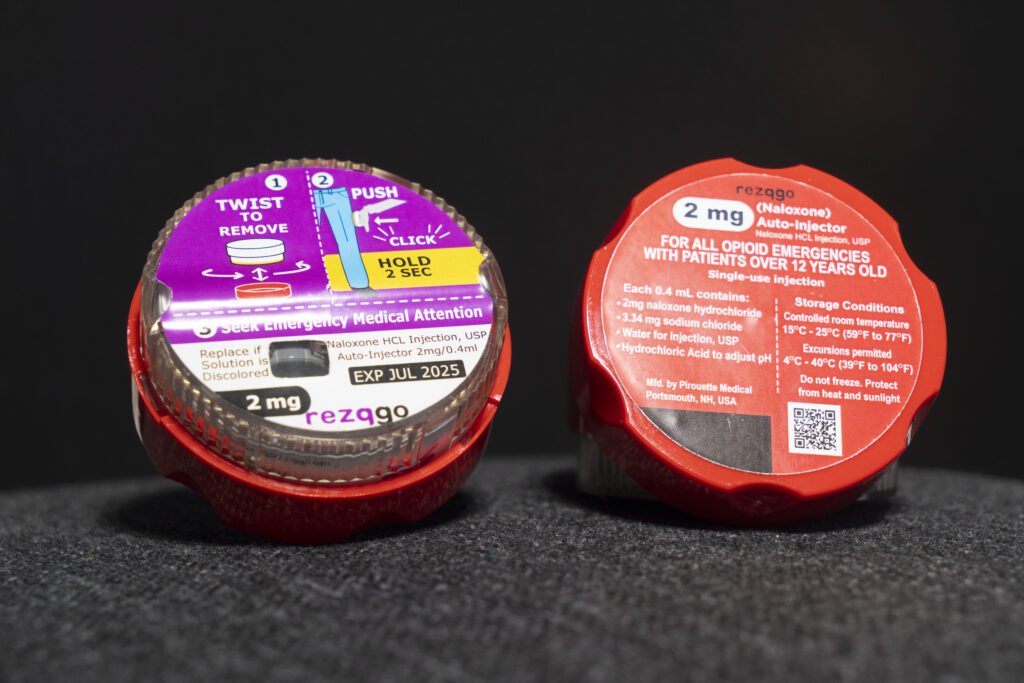Injecting medicine can be a scary prospect. It is not just the fear of needles that can prevent patients from self-administration. Even traditional auto-injector devices (such as EpiPen) can be so acute in some patients as to completely prevent them from attempting to self-inject medication or, when they do attempt it, administering it incorrectly.
Pirouette Medical is working to address this problem with their new auto-injectors, which promise to be more intuitive for patients and safer to use.
Pirouette Medical was one of the companies supported by the National Institutes of Health (NIH) SEED program chosen to present on the NIH Innovation Zone Stage at the 2024 BIO International Convention. Bio.News interviewed Pirouette Medical about their work to develop safer and easier auto-injections.
Q: Pirouette Medical has said it is “reimagining injections” for new patients, can you explain what that might look like? Why is such a disruption so important when it comes to, as you have said, “revolutionizing the patient experience.”
At Pirouette, reimagining injections means making the process of administering critical medications as simple and stress-free as possible. Traditional injections can be daunting, involving complex steps and painful needle sticks. A study with epinephrine auto-injectors showed that 14% of patients are so fearful that they won’t even attempt an injection, and 30% of injection attempts result in incorrect administration, such as accidental injections or lacerations.
Pirouette’s auto-injectors are designed to be intuitive, aiming to demonstrate a 100% administration success rate, even among inexperienced users. This ensures anyone can administer life-saving medication correctly without fear or hesitation. By addressing the anxiety and usability issues of traditional injections, Pirouette wants to empower patients to manage their health with confidence.
Q: Pirouette’s auto-injectors have a number of potential applications, especially as new features are added. In particular, you are already developing your QuicPush auto-injector for severe allergic reactions and RezqGo Auto-injector for opioid overdose; can you talk about why these are such a priority and where you will take the technology next?
Our focus on the QuicPush and RezqGo auto-injectors stems from the urgent need for reliable, accessible solutions in these critical areas. Severe allergies affect 50 million Americans, and over 300 Americans die daily from opioid overdoses. These life-threatening situations require immediate intervention, and our devices simplify the injection process.
Additionally, traditional epinephrine auto-injectors are costly, with a standard two-pack averaging more than $300, sometimes double that. In contrast, we aim to offer QuicPush at a significantly reduced price, potentially yielding 75% savings for patients.
We plan to expand our technology to address other chronic conditions and emergencies, such as diabetes, chronic pain management, and hormone replacement therapies, broadening the scope and impact.

Q: Could you talk about how support from the National Institutes of Health and National Institutes of Drug Abuse is helping you realize your goals for Naloxone and beyond?
The support from the National Institutes of Health (NIH) and specifically the National Institute on Drug Abuse (NIDA) has been instrumental in our progress. Through grants and collaborative programs like the prestigious NIH I-Corp program, they have provided essential funding and validation for our Naloxone auto-injector project, sharing in our mission to deliver a new life-saving innovation.
This backing helps us refine our technology and accelerates our path to regulatory approval and commercialization. The confidence and resources provided by NIH enable us to innovate further and ensure our products meet the highest standards of safety and efficacy.
Q: Talk about your partnering strategy when it comes to developing new autoinjectors for additional medications. What is the dynamic in terms of R&D and getting a product to market?
Our partnering strategy focuses on collaboration with leading pharmaceutical companies, healthcare providers, and regulatory bodies. By leveraging our collective expertise, we streamline research and development (R&D) processes and ensure compliance with stringent regulatory requirements.
This collaborative approach accelerates the timeline from concept to market, allowing us to introduce new auto-injectors more efficiently. We prioritize partnerships that share our commitment to innovation and patient-centric design, which helps us stay at the forefront of medical technology.
Q: What does the future look like? How do you envision Pirouette’s innovation changing healthcare as it happens today?
The future of Pirouette is one where auto-injectors become a seamless part of everyday healthcare, making life-saving medications accessible to everyone. We envision a world where patients no longer fear injections and can administer their medications easily and accurately.
I believe our innovations will set new standards in medical technology, driving down costs and improving health outcomes. By continuing to innovate and expand our product line, we aim to revolutionize healthcare delivery, ensuring that critical treatments are within reach for all who need them.
Learn more about the NIH Small business Education and Entrepreneurial Development (SEED) funding at seed.nih.gov.




